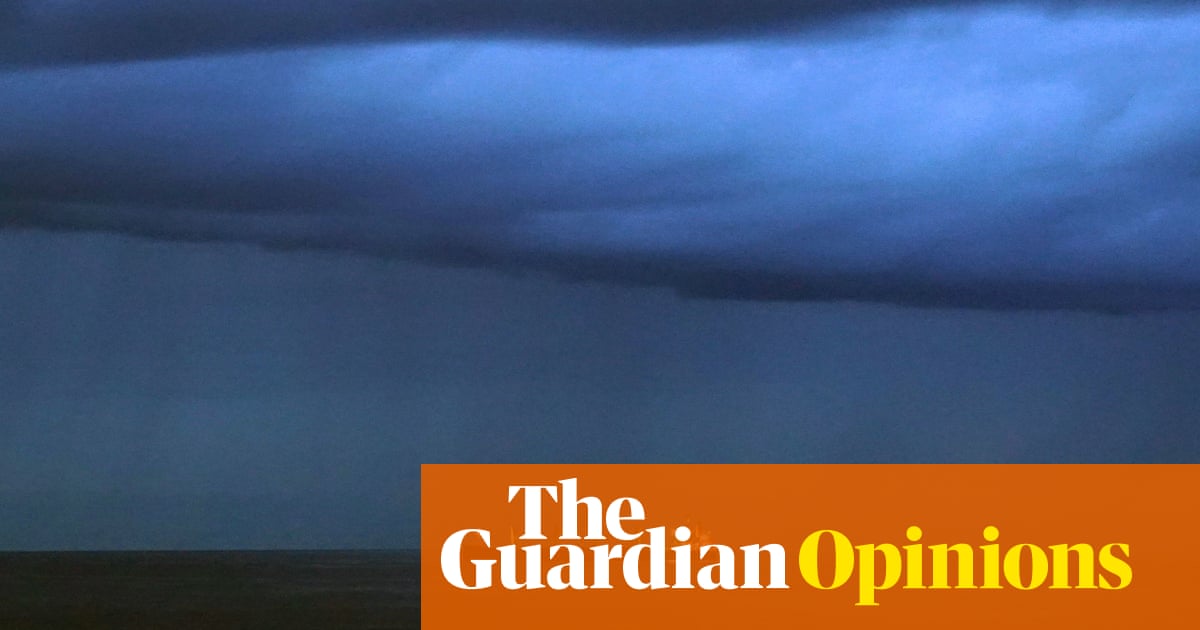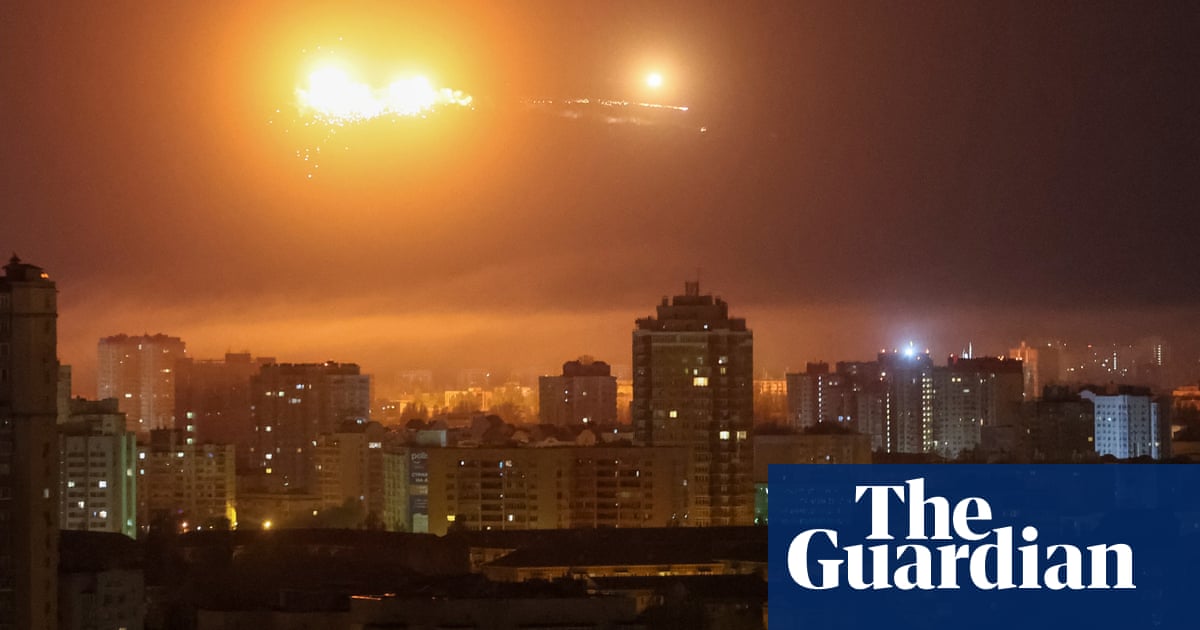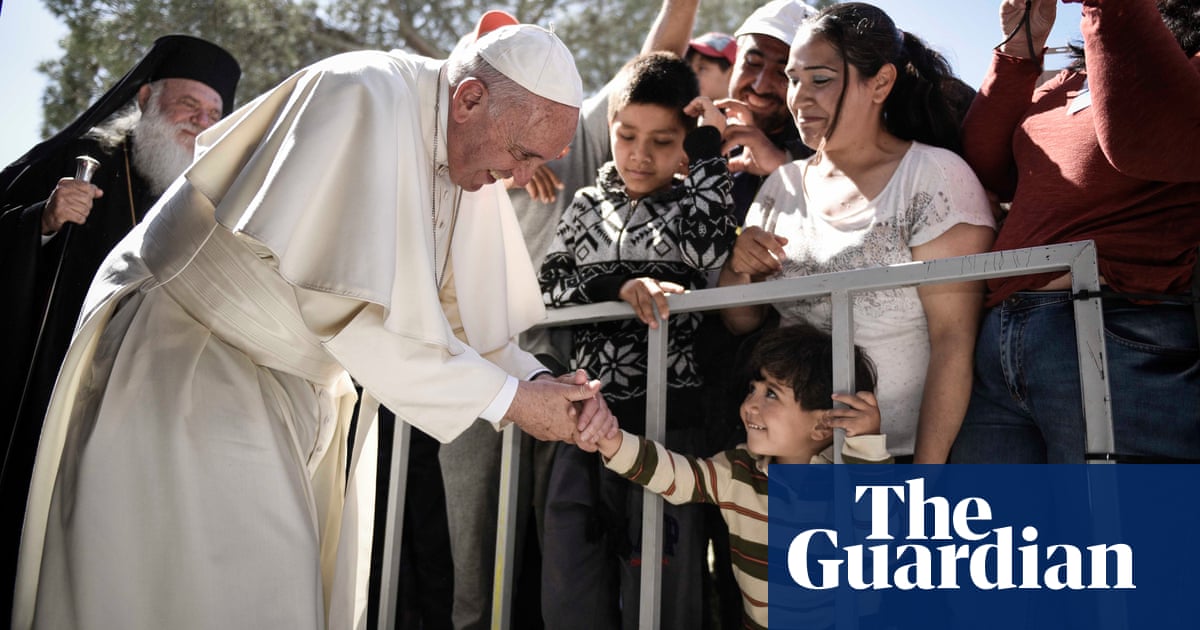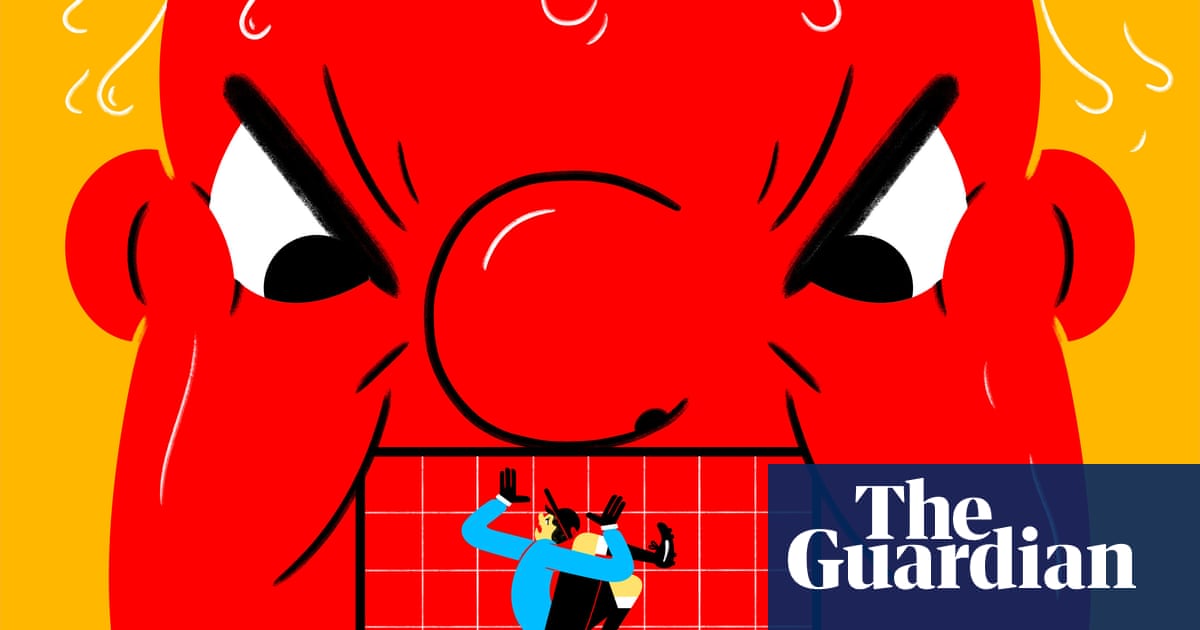Donald Trump’s vicious assault on the international criminal court is no surprise. His last administration slapped sanctions on it over its investigations into potential war crimes in Afghanistan, including by the US, and into the actions of Israeli forces. But his new executive order goes even further, attacking the fundamentals of the court and endangering its functioning.
The US never joined the ICC, fearing scrutiny of its own actions and those of its allies. Joe Biden damaged both the court and US claims of commitment to the “rules-based international order” when he justified the arrest warrant for Vladimir Putin while attacking as “outrageous” the one issued for Benjamin Netanyahu.
But for Mr Trump it is not just about expedience. His loathing for the court speaks to something fundamental about this president. Ultimately, the law he believes in is that of the jungle. Naked transactionalism and coercion replace diplomacy and alliances. The biggest beasts are hungry and the rest must flatter or flee.
This credo can be seen at work again in the destruction of USAid. The callous disregard for life is sickening. As Gordon Brown laid out powerfully in the Guardian, this decision will kill. It is also shortsighted and stupid. USAid has been a shrewd, low-cost foreign policy tool. It cost less than 1% of the federal budget in the 2023 fiscal year – and much of the money went back to the United States. US foreign aid spending as a percentage of gross national income is far below that of most advanced economies. USAid helped to stabilise countries, contain diseases, and foster goodwill in places which will now look to other patrons.
Mr Trump’s “might-is-right” doctrine can be seen most clearly in his reckless and immoral call to ethnically cleanse Gaza, so that the US could “own” a new “Riviera of the Middle East”. This is the most disturbing element of his unexpected and repeated proposals for American territorial expansion, in place of the anticipated isolationism. He has even declared his willingness to use military force in other places.
No one expects US troops to march into Canada. His Gaza proposal is not realisable. At least some of his suggestions are surely wielded as the crudest available threat to achieve concessions on other issues. Yet a worrying consistency in the theme suggests that observers may need to take him literally as well as seriously, however ludicrous these ideas sound. He does not need to enact them exactly for them to prove hugely damaging. And whether or not the US expands its borders, there seems every prospect that Mr Trump will approve of Israel and Russia annexing land, emboldening others to use force to remake borders.
In the past, some have wondered how effective the ICC can really be: the work of bringing war criminals to justice has been slow, painful and often unsuccessful at the best of times. Mr Trump’s attack is a perverse recognition of the importance of the court, and of international law more generally. It is alarming that influential voices within the British government appear inclined to lament the rigour of international law as an obstacle to domestic priorities, rather than celebrate its place in the architecture of a civilised world. Recoiling at Mr Trump’s excesses is not enough. The UK and others have rightly expressed their “unwavering” support for the ICC. They must now defend it, and the values for which it stands, by whatever means they can.
Do you have an opinion on the issues raised in this article? If you would like to submit a response of up to 300 words by email to be considered for publication in our letters section, please click here.

.png) 2 months ago
66
2 months ago
66













































